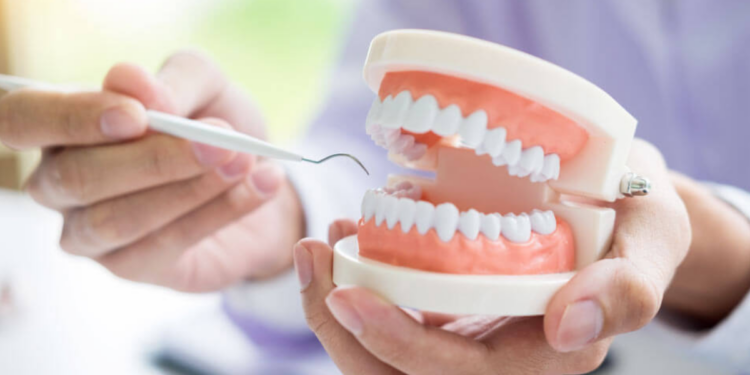Does everyone have wisdom teeth? If not, then what percentage of the population do not have wisdom teeth? This is the most important question that many of us wonder. Wisdom teeth are the third molar set that comes at the teenage. It does not help in chewing food or any other eating activity. Many people have ended up with the surgery to remove the wisdom teeth. Not everyone has wisdom teeth; some people are missing one wisdom tooth, while others have all one. It is also essential to know that wisdom teeth can cause gum and tooth cavity problems. In this guide, we will discuss wisdom teeth, including the question: what percentage of the population do not have wisdom teeth?
What Percentage Of The Population Do Not Have Wisdom Teeth?
It is difficult to say precisely what percentage of the population do not have wisdom teeth. A study shows that about 5 to 37% of the population don’t have wisdom teeth. Now, the question is why some have missing wisdom teeth. It is also challenging to know the exact reasons for it. But, researchers show that genes, environmental factors, and chewing habits are all responsible for it.
Is It a Problem Not To Have Wisdom Teeth?
Do you need to worry if your dentist tells you that you don’t have wisdom teeth? Exactly no! Some people joke that not having wisdom teeth is a highly risky matter. But if you don’t have wisdom teeth, then you are lucky. Having no wisdom teeth means you are protected from many complexities.
What Is The Purpose Of Wisdom Teeth?
The removal of wisdom teeth is a routine procedure. It is because the space in the human mouth is only for 28 teeth. But if wisdom teeth emerge, then there are a total of 32 teeth in the human mouth, which creates the issue of space. Sometimes, due to this issue, dentists recommend the removal of wisdom teeth.
The question arises: What was the original purpose of wisdom teeth? One theory posits that these additional molars served as replacements for our distant ancestors, who faced different dietary challenges and lacked modern dental care. Unlike today, where our diets often consist of softer foods and regular dental check-ups contribute to good oral health, our ancestors may have encountered difficulties such as tooth decay or loss due to their varied and tougher diets.
In that context, wisdom teeth might have played a crucial role in providing extra chewing capacity. However, in the contemporary era, where soft diets and dental care are prevalent, the functional significance of wisdom teeth has diminished. Instead, they pose more problems than benefits, often leading to overcrowding and necessitating their removal for oral health and well-being.
What Are The Complications Related To Wisdom Teeth?
Many people remove their wisdom teeth without any reason to save themselves from different types of complications. At the same time, others remove them because they feel severe pain and other jaw problems. Some of the complications related to wisdom teeth are mentioned below:
- Tooth Pain: Emerging wisdom teeth are related to the pain that you feel in the back of your mouth. This pain is less at the initial stage but also becomes severe after a few days. This pain can come and go after a few periods. People suffer from this situation for months or years. During the pain, it is difficult to chew and bite any type of soft or hard food
- Swelling And Redness: This is the second common issue related to the emergence of wisdom teeth. In this situation, it is also difficult for people to chew food or drink any beverage
- Oral Infection: Some types of oral infections involve pain, swelling, redness, bad breath, and foul taste in the mouth. This is due to the fact that bacteria trap in your gums
- Cavities: Some food particles are also trapped in the gums of third molars. This condition can cause cavities in the third molar. With this, your other teeth may become the victim of cavities because there is not enough space around the gums for brushing and flossing
Final Words: What Percentage Of The Population Do Not Have Wisdom Teeth?
Hopefully, you are now clear about wisdom teeth, including the question: what percentage of the population do not have wisdom teeth? It is not bad for people who don’t have these third sets of molars. They are extra sets of teeth that sometimes cause serious complexities!




